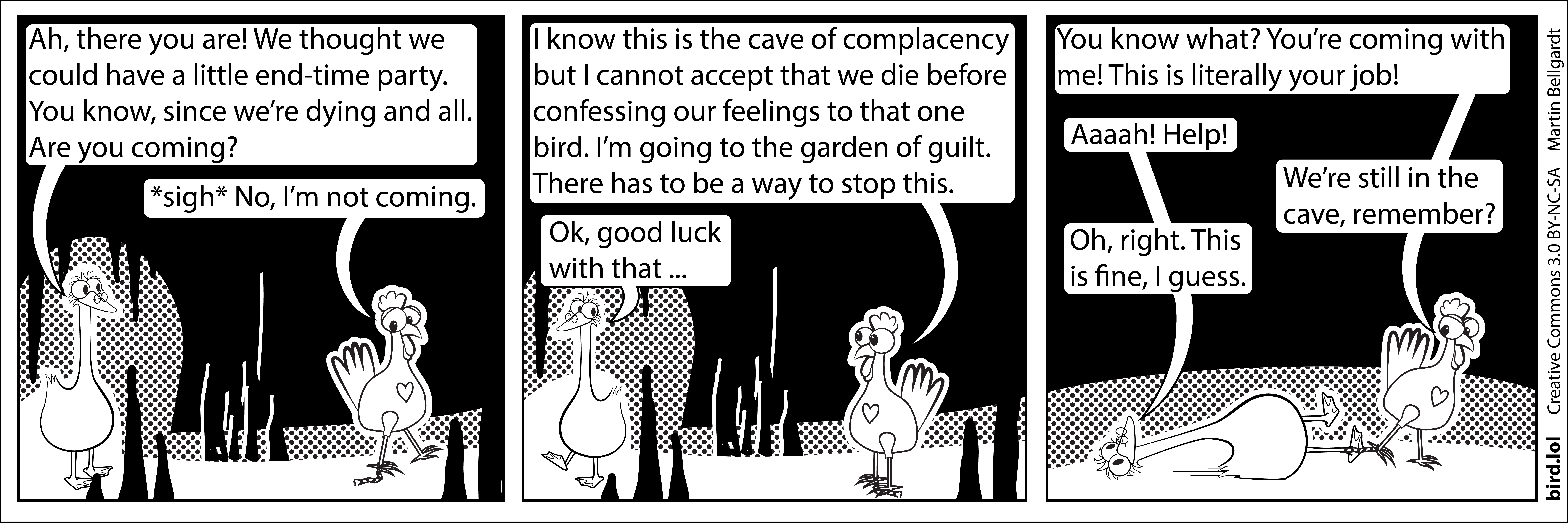If you read my blog you're probably familiar with my views on morality and how complex and subjective it is. When discussing the subject of justice, it's tempting to look at it purely from this angle. However, justice is interesting because it also has a rational side, one which can be discussed mathematically. After all, if you and a friend share a pizza and it's time to pay, you need to decide how much money each of you should contribute. If the pizza costs 16$ and you ate 3 slices while your friend ate 5, what most people would agree to be a fair solution would be if you pay 6$ and your friend pays 10$.
While this was a very easy example, there are situations where these computations can get pretty wild and also pretty interesting. There is a whole branch of mathematics called game theory which studies such problems. But this post is not about game theory. Instead, I want to look at the following question: After you've done the math, solved the equations and arrived at a very satisfying solution that you can mathematically prove is optimal for all parties involved, does this solution represent objective justice? Is that solution preferable to other solutions in all cases?
Carried away by the thrill of doing math, it's easy to consider the problem at hand only from a mathematical perspective. Though, what I recently realized is that there is an important component that is too often overlooked: trust. Delivering justice using math is fine when all involved parties are game theorists, but what if you are a game theorist and the other person isn't? What if they don't understand your ramblings about expected values and Nash equilibria? What if they are unsatisfied with the outcome? And what if they don't trust you to properly represent their interests in your mathematical model that they lack the cognitive abilities to understand?
This core problem is why courts exist. They solve this trust problem by means of authority. The idea is that a judge will come in as a neutral party to decide what the most just outcome would be, based on all the arguments on the table. Their word stands, so it doesn't matter if either party believes that the outcome is unfair. While this is a very practical solution, I don't think it's an answer to the question at hand: if either party is unsatisfied with the solution, has justice really been served?
Let's say your friend is of the opinion that you should share the cost of the pizza equally, because you both ate it together. You tried to explain your logic to them, but they are either too dumb to understand it or they just don't care. After all, thinking is one of the most energy intensive processes performed by the human body and why would they spend all that energy, just to get a worse outcome for themselves? No, they think that paying 8$ is fair, so if they're forced to pay 10$ they'll feel betrayed. On the other hand, if you give in because you're sick of arguing, you'll feel that the outcome was unjust. So if you hold justice to a higher standard, one where justice means that no party feels disadvantaged, what should you do?
You could start bargaining, so in the end you'll pay 7$ and your friend pays 9$. They'll probably still think you're a cheapskate and you'll probably still think they're a moron, but at least you're both unhappy so you've reached a compromise where none of you feels like the other has gotten a better deal. You may rightfully think that this is idiotic, but take a moment to appreciate the ways in which this is more just than what either of you suggested as soon as you consider feelings to be the focus for justice instead of money.
Now it's easy to dismiss this concept as unrealistic, but unfortunately there are situations where it applies. It's all those situations where relying on authority to resolve such conflicts is unfeasible. It sucks, because the person with the well thought out arguments for justice will usually be on the loosing end of the deal. It sucks because bargaining becomes the only relevant skill to come out on top. But it mainly sucks because, after that tedious argument, it's highly unlikely the two of you will ever share a pizza again.
Luckily, my friends are all really smart so that story with the pizza was completely fictional. I like to end my posts with some kind of appeal or call to action, so ... be mindful of who you share a pizza with, I guess? Although this post wasn't really about pizza ...
... why do I feel like it was about US politics?

